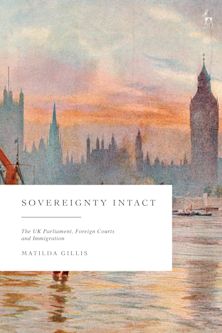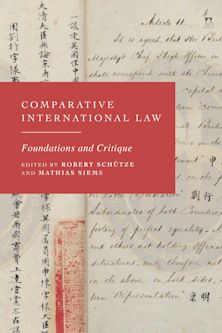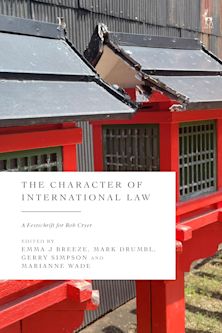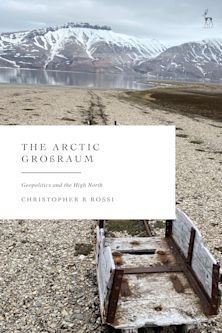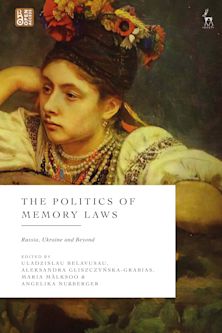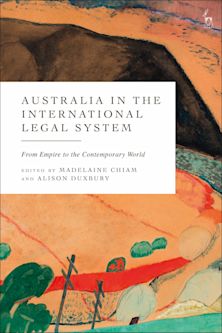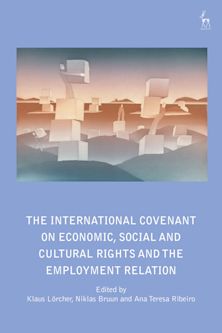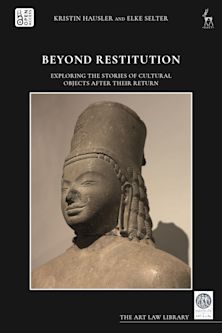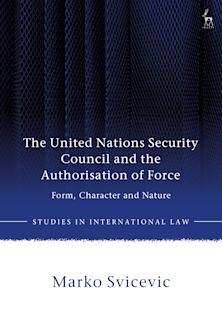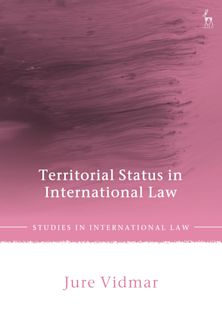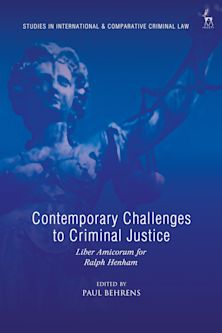The United States and the International Criminal Court
National Security and International Law
The United States and the International Criminal Court
National Security and International Law
This product is usually dispatched within 2-4 weeks
- Delivery and returns info
-
Flat rate of $10.00 for shipping anywhere in Australia
Description
American reluctance to join the International Criminal Court illuminates important trends in international security and a central dilemma facing U.S. Foreign policy in the 21st century. The ICC will prosecute individuals who commit egregious international human rights violations such as genocide. The Court is a logical culmination of the global trends toward expanding human rights and creating international institutions. The U.S., which fostered these trends because they served American national interests, initially championed the creation of an ICC. The Court fundamentally represents the triumph of American values in the international arena. Yet the United States now opposes the ICC for fear of constraints upon America's ability to use force to protect its national interests. The principal national security and constitutional objections to the Court, which the volume explores in detail, inflate the potential risks inherent in joining the ICC. More fundamentally, they reflect a belief in American exceptionalism that is unsustainable in today's world. Court opponents also underestimate the growing salience of international norms and institutions in addressing emerging threats to U.S. national interests. The misguided assessments that buttress opposition to the ICC threaten to undermine American leadership and security in the 21st century more gravely than could any international institution.
Table of Contents
Chapter 2 The US and the ICC: An Overview
Part 3 The Roots of the ICC
Chapter 4 The Evolution of the International Criminal Court: From the Hague to Rome and Back Again
Chapter 5 Lessons from Recent International Criminal Tribunals
Chapter 6 The Statute of the International Criminal Court: Past, Present and Future
Chapter 7 Exceptional Cases in Rome: The United States and the Struggle for an International Criminal Court
Part 8 The US and the ICC
Chapter 9 US Perspective on the International Criminal Court
Chapter 10 The Constitution and the International Criminal Court
Chapter 11 American Servicemembers and the International Criminal Court
Chapter 12 The ICC and the Deployment of American Armed Forces
Chapter 13 The United States and Genocide Law: A History of Ambivalence
Part 14 The ICC and National Approaches to Justice
Chapter 15 Justice Versus Peace
Chapter 16 Complementarity and Conflict: States, Victims, and the International Criminal Court
Part 17 The ICC's Implications for International Law
Chapter 18 The ICC's Jurisdiction Over the Nationals of Non-Party States
Chapter 19 The International Criminal Court and the Future of the Global Legal System
Chapter 20 Appendix: Steps in Getting a Case to the ICC
Chapter 21
Product details
| Published | 28 Aug 2000 |
|---|---|
| Format | Paperback |
| Edition | 1st |
| Extent | 288 |
| ISBN | 9780742501355 |
| Imprint | Rowman & Littlefield |
| Dimensions | 223 x 163 mm |
| Publisher | Bloomsbury Publishing |













